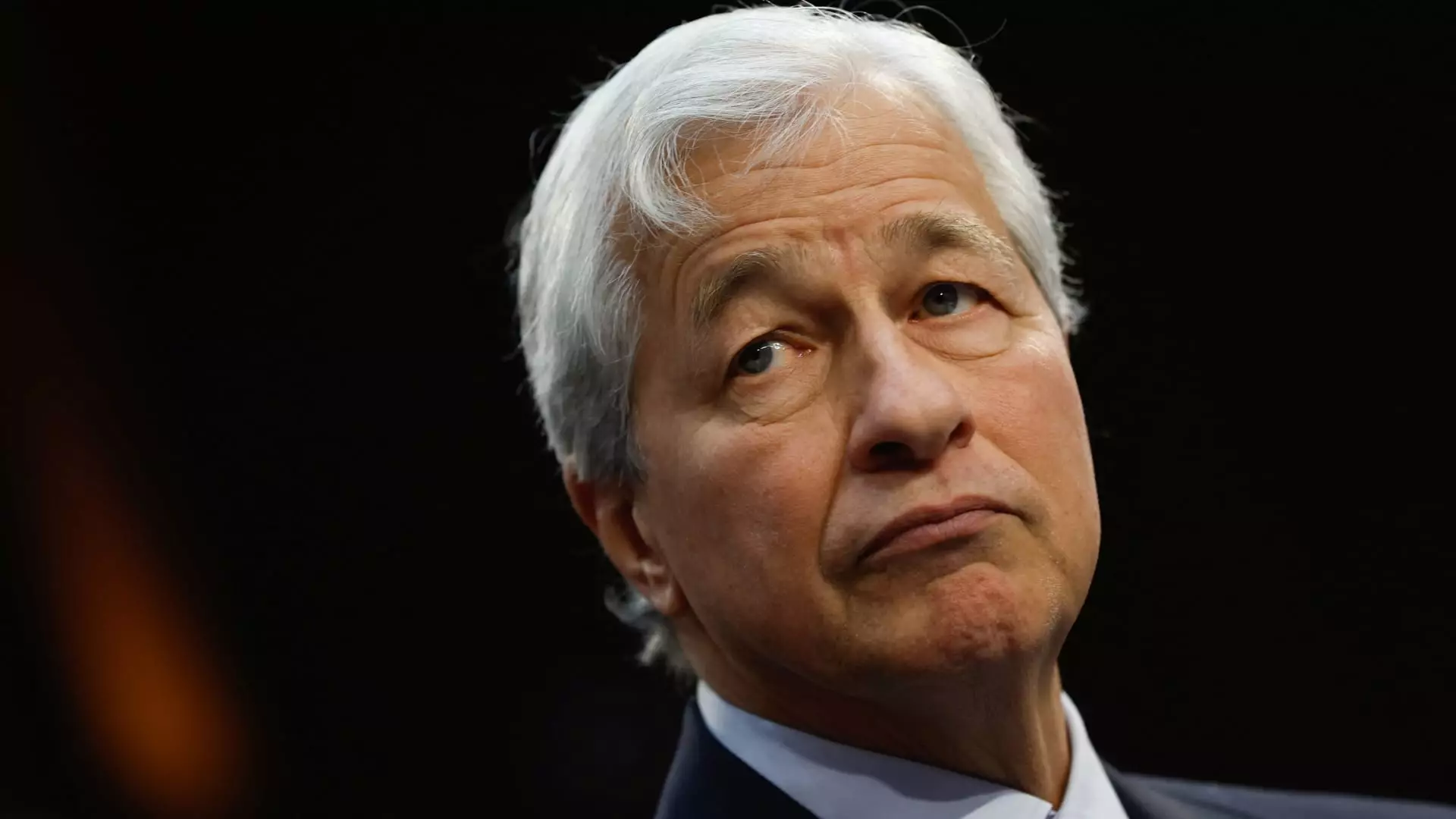In an increasingly interconnected world, the complexities of geopolitical strains present profound challenges that demand urgent attention. Jamie Dimon, CEO of JPMorgan Chase, recently articulated grave concerns regarding escalating global tensions, particularly in the Middle East and Eastern Europe. The ramifications of these conflicts extend far beyond regional borders; they have the potential to reshape economic landscapes and challenge long-established global orders. With ongoing hostilities in Israel, Hamas, and Ukraine, the risks of economic instability and broader humanitarian crises loom large over the global community.
The geopolitical environment today can be contextualized against the backdrop of the post-World War II international order. This order, characterized by relative stability and cooperation among Western nations, is now facing tests on multiple fronts. Rising tensions between the United States and China, along with the specter of nuclear threats from countries such as Iran and North Korea, further complicate the landscape. These developments necessitate robust leadership to navigate potential escalations and to ensure a cohesive response from Western powers.
Dimon emphasized the gravity of these challenges during a recent fireside chat, underscoring the inadequacy of current responses to intensifying threats. His assertion that American leadership is paramount resonates with growing sentiments among economists and political analysts alike. The evolving global climate calls for innovative strategies and collaborative efforts, as inaction could lead to catastrophic consequences both politically and economically.
The Humanitarian Crisis and Economic Fallout
The human toll of these conflicts is staggering. As the conflict between Israel and Hamas surpasses the one-year mark since its resurgence, the number of casualties continues to rise, with tens of thousands reported dead. Urban centers in conflict zones are beleaguered by violence, creating alarming humanitarian crises that need addressing. Recent reports of Israeli airstrikes in Lebanon, resulting in significant loss of life, serve as a grim reminder that hostilities are not confined to a single arena.
Simultaneously, the conflict in Ukraine remains a focal point of global tension, with Russia’s military actions drastically reshaping Eastern European geopolitical dynamics. Recent budgetary adjustments by the Russian government, which includes a considerable increase in defense spending, suggest a commitment to sustaining its military endeavors in Ukraine. Such decisions have significant implications for global markets and the economies of neighboring countries.
Despite Dimon’s mixed optimism about the U.S. economy, caution is warranted. While indicators suggest potential for a “soft landing” engineered by the Federal Reserve, critical economic vulnerabilities persist. Significant national debt, pressing infrastructure needs, and trade realignments highlight systemic issues that could hinder recovery. Furthermore, the concept of remilitarization, as noted by Dimon, signals a shift that could redirect funds from pressing economic needs towards military ambitions, potentially stunting growth prospects.
The urgent need for decisive leadership in the face of rising geopolitical threats cannot be overstated. As Jamie Dimon pointed out, the trajectory of current events is precarious, and without a concerted, strategic response from global leaders, the risk of further destabilization remains significant. The world’s interconnectedness demands not only recognition of these problems but also the courage to pursue comprehensive solutions that prioritize peace, stability, and human welfare.

